 Reflexology charts hang on every wall and goldfish fill a tank in the far end of the room. You lie down on a couch, sharing the same towels 15 customers before you used, and the “practitioner” begins to slather your lower legs and feet with petroleum jelly or baby oil. For thirty minutes it’s the exact same moves over and over and over.
Reflexology charts hang on every wall and goldfish fill a tank in the far end of the room. You lie down on a couch, sharing the same towels 15 customers before you used, and the “practitioner” begins to slather your lower legs and feet with petroleum jelly or baby oil. For thirty minutes it’s the exact same moves over and over and over.
You weren’t asked about your health history, what medications you’re taking, and no one here can communicate beyond asking “it’s okay?” when you wince and pull your foot away in pain. There’s a 50/50 chance that the person working on you is either a human slave paying off a family debt, or the owner’s aunt, neither of whom have ever set foot in a bodywork school in their lifetime.
Fake reflexology parlors
A pimp sets up shop in a strip mall between the drycleaners and the jewelery store. A get-rich-quick schemer sets up shop next to the supermarket and gas station. Neon signs hang in the windows – pictures of feet and cheap price tags – $15 for a 30 minute foot massage. It’s a health inspector’s worse nightmare – if the CDC could see this they’d be foaming at the mouth.
The Girl Effect puts it in a way that causes you to gasp. Someone sold this person? The owner is forcing her to into a life of drugs and prostitution? And they’re using reflexology as a front?
The con artists
In one story out of my home state of New Mexico a couple were indentured by another couple to work in a reflexology parlor in Ruidoso. In the sleepy suburb town of Natick, Massachusetts where my dear colleague has a thriving, legitimate, reflexology and massage practice two women were taken into custody on Monday in a similar human trafficking story.
Developing in Nevada is the case where the legitimate practitioners and the county want to crack down on these fake establishments by requiring practitioners meet the current education standards in the country. The only ones complaining are those who have no formal education in any form of bodywork.
What’s at risk?
The risks to consumers may very well depend on how healthy you are. If you’re in good health and your immune system is robust enough you’ll likely not contract anything too unsavory in a fake reflexology parlor. However, if you have a heart condition, are on medications, or you’re just unlucky and get an especially bad staff person your story could be different. But since no one is screening you for contraindications or cautions, and none of the staff have a formal education in anatomy and physiology it’s anyone’s guess!
No one wants to think their hard-earned dollars are going to keep someone employed as a human slave. And Americans get downright angry if they think they’ve part of a bait-and-switch scheme – they’ll call the BBB, or file a police report.
Enough is enough
The problem appears to be reaching a fever pitch as this public health nightmare shows up as a news alert in my inbox at least once a week. In an impressive move the State of Washington has gone out and specifically targeted fake foot massage venues with a new law aimed to protect consumers, practitioners, and the victims of human trafficking. Washington was also the first State to take on escort service websites in an effort to put a stop to human trafficking operations.
Speak up if you see something
 If you find yourself in one of these fake reflexology or massage parlours, speak up! If it is an emergency situation call 911 – local law enforcement services are trained to handle emergency situations very quickly.
If you find yourself in one of these fake reflexology or massage parlours, speak up! If it is an emergency situation call 911 – local law enforcement services are trained to handle emergency situations very quickly.
If it is not an emergency situation call the National Human Trafficking Resource Center toll-free at 888-373-7888 – the call-center staff are available 24-hours a day, 7 days a week, year-round. They will help assess the situation and direct case reports to the appropriate agency (be it local, federal or both).
Identifying a legitimate reflexology practice
The Reflexology Association of America and the American Reflexology Certification Board co-authored a brochure titled Identifying the Legitimate Reflexology Practice. Some things to consider when looking for a legitimate reflexologist:
- prior to the session you are asked about your health history, list of medications, and your goals for the session.
- the session is performed on the feet, hands and/or outer ears only.
- no clothing is removed, only footwear (socks and shoes).
- the practitioner has successfully completed a minimum of 200 hours in reflexology-only studies and has a diploma or certificate from an accredited school.
- he/she is a member of State and/or National Reflexology associations.
- he/she obtains continuing education credits to stay fresh and competent in his/her profession.
- the practitioner uses clean linens for each client.
- the practitioner washes his/her hands before and after every reflexology treatment.
- after the session you are given a treatment plan based on your goals.
Both organizations’ websites offer referrals to professional practitioners as well as offer more information about Reflexology including history, research, and methodology.
- How Can I Find a Reflexology Therapist? University of Minnesota
- Sex Trafficking in the Suburbs CBS Boston
- Identifying the Legitimate Reflexology Practice Reflexology Association of America
- Feds Raid Rockport Spa in Human Trafficking Investigation Corpus Christi, Texas


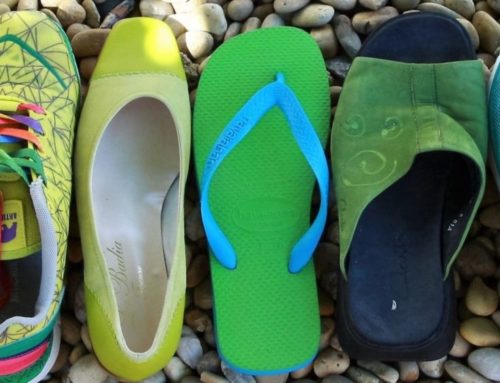
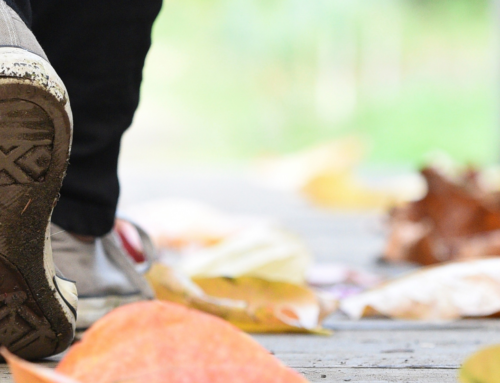
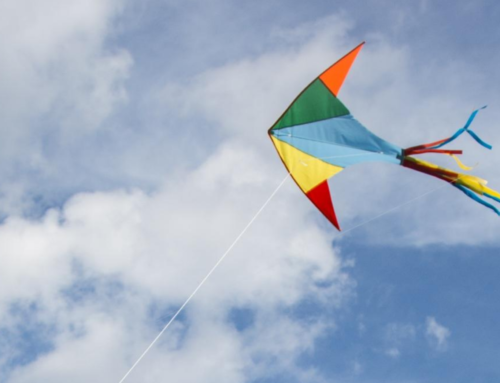
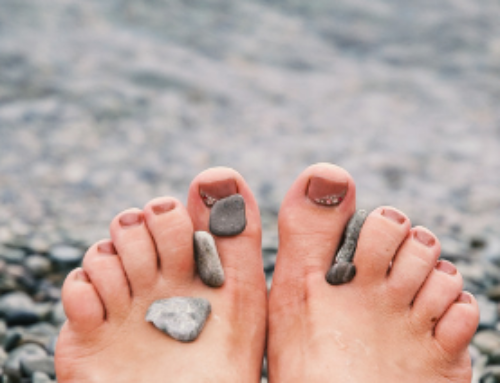
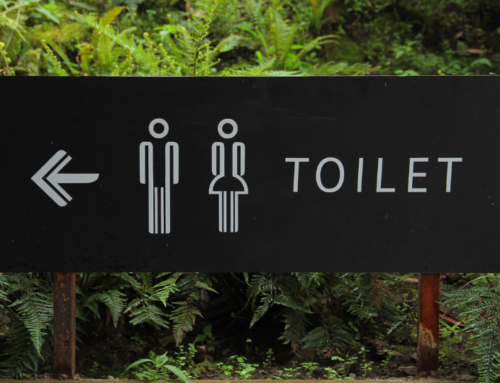

Leave a Reply